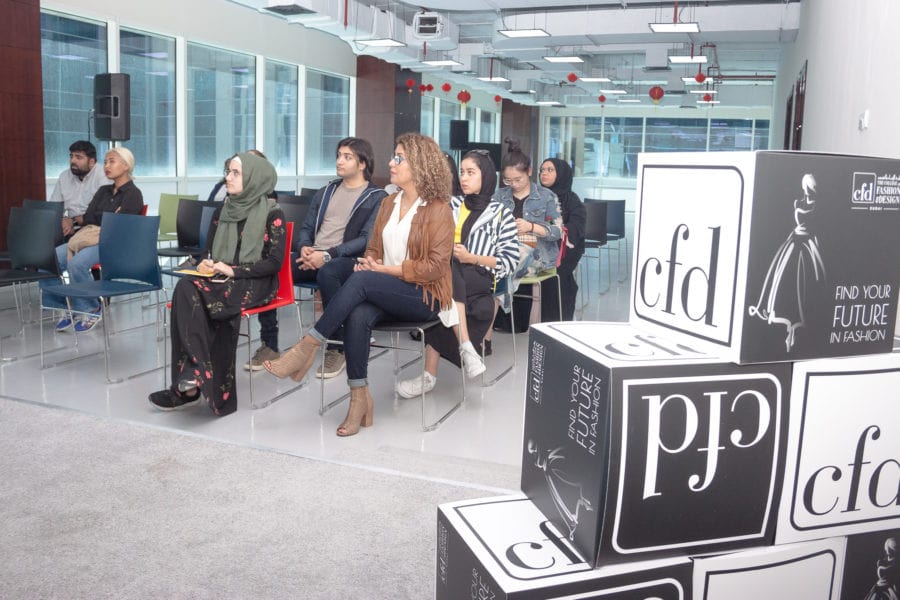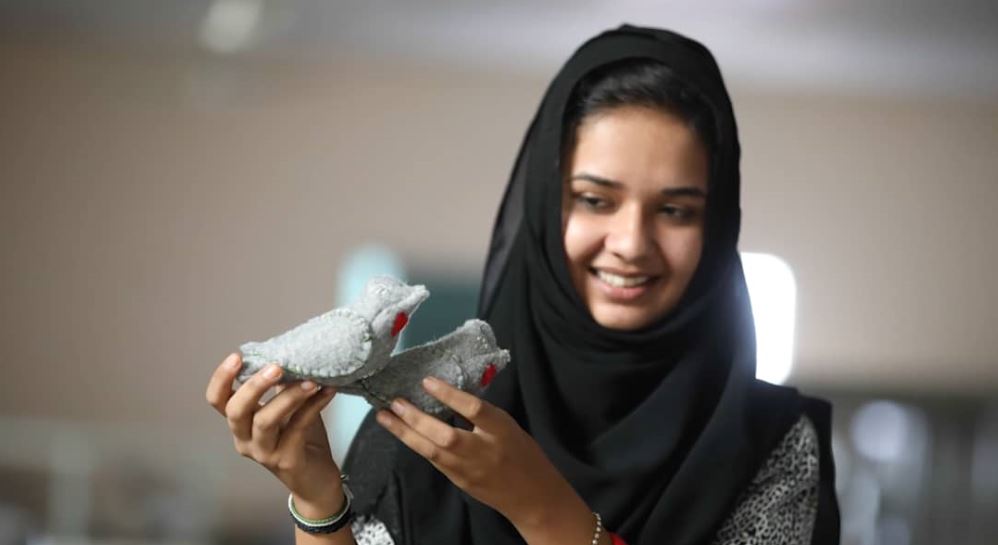Sustainability
At NRS Relief, we believe that contributing to a sustainable humanitarian supply chain is a way of honoring our purpose as relief supplier. We see purpose-driven sustainability as our contribution towards social, environmental as well as economic progress.
With a record high number of displaced people worldwide caused by conflict and natural disasters, millions of relief items were distributed to the affected populations in 2017-2018. Many of us are unaware of the production effort it takes to address these emergencies, and how responding to crises does not exempt the humanitarian sector from its social and environmental impact on the planet. We turn inwards to take a critical look at our sector, and have further invested in the sustainability of our manufacturing processes and supply chain, prioritizing transparency.
Watch our sustainability video
We are pleased to release our new corporate video that highlights our commitment to progressively implementing sustainable practices in our activities, while periodically reporting social and environmental data:
Economic responsibilities
 We are committed to entering new markets and creating innovative, cost-effective and quality products for the aid and relief, public health, and development sectors. We focus on financial sustainability, relying upon continuous innovation and product diversification.
We are committed to entering new markets and creating innovative, cost-effective and quality products for the aid and relief, public health, and development sectors. We focus on financial sustainability, relying upon continuous innovation and product diversification.
Social responsibilities
 We focus on creating a safe, diverse, merit-based working environment in Dubai and Pakistan that values teamwork yet allows for individual development. We invest in the communities where we work. Through our non-profit, the Bilqees Sarwar Foundation (BSF), we continue to expand our pledge to our communities. Our overarching goal is to alleviate suffering during emergency situations and to build community resiliency through improved health care services and educational opportunities. In 2016, we reopened our Bilqees Sarwar Hospital and Razia Begum Dialysis Centre in Pakistan. As a result, we provide more than 12,500 people with free or subsidized care.
We focus on creating a safe, diverse, merit-based working environment in Dubai and Pakistan that values teamwork yet allows for individual development. We invest in the communities where we work. Through our non-profit, the Bilqees Sarwar Foundation (BSF), we continue to expand our pledge to our communities. Our overarching goal is to alleviate suffering during emergency situations and to build community resiliency through improved health care services and educational opportunities. In 2016, we reopened our Bilqees Sarwar Hospital and Razia Begum Dialysis Centre in Pakistan. As a result, we provide more than 12,500 people with free or subsidized care.
Environmental responsibilities
 Minimizing our ecological footprint is considered to be an incentive rather than a burdensome exercise in compliance. We are committed to reduce emissions and waste, while seeking to recycle and reuse across our production processes wherever possible.
Minimizing our ecological footprint is considered to be an incentive rather than a burdensome exercise in compliance. We are committed to reduce emissions and waste, while seeking to recycle and reuse across our production processes wherever possible.










